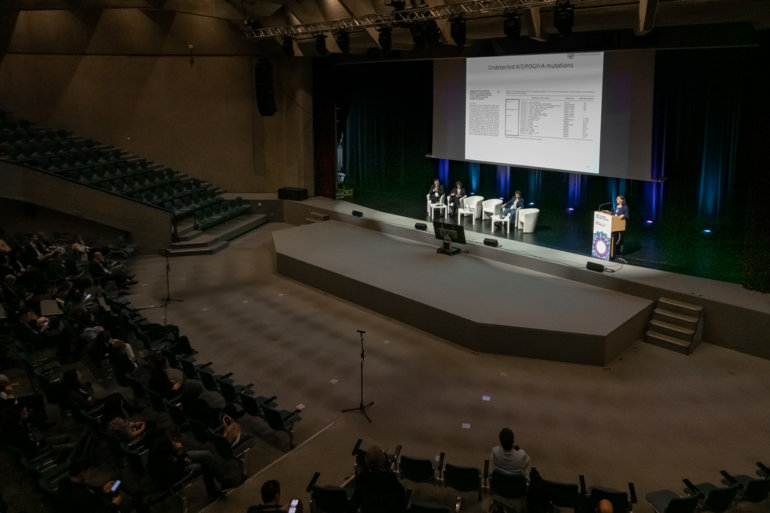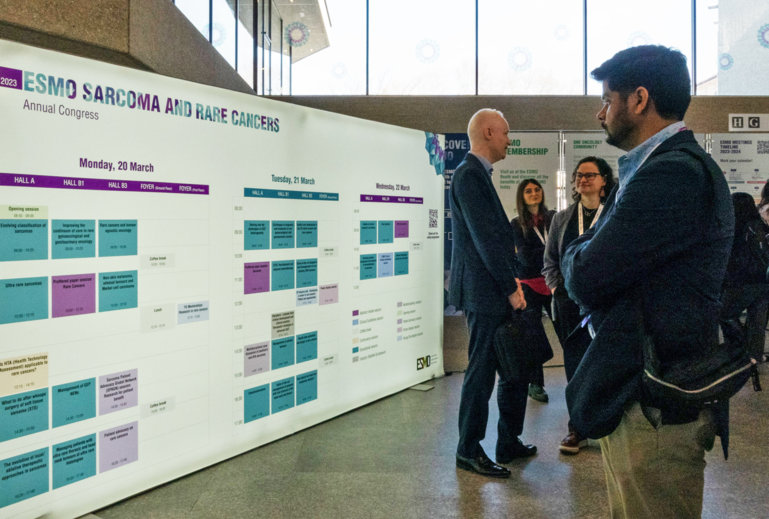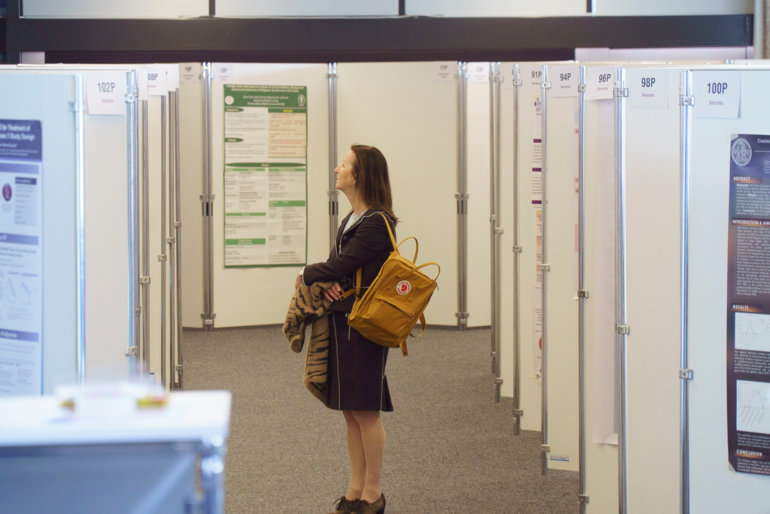ESMO Sarcoma and Rare Cancers Congress 2023

Promising advances in the molecular landscape of NETs
Molecular genetic analyses of NETs hint at actionable therapeutic targets and potential predictive biomarkers of response to axitinib

Molecular characterisation of Ewing sarcomas could provide new treatment options for a patient subset
Activating EZH2 mutations may define a new subset of aggressive Ewing sarcomas that benefit from treatment with an EZH2 inhibitor

Improving patient involvement in rare cancers
Facilitating an open dialogue with patients, to better understand their needs, makes research efforts more valuable in the long-term

Molecular profiling of neuroendocrine neoplasms reveals markers with prognostic and therapeutic relevance
A Spanish study describes the genomic characterisation of neuroendocrine neoplasms as the first step towards more personalised management

Patients as partners to address unmet needs in sarcoma
However, there are still many obstacles faced by investigators in achieving effective patient involvement in research

New findings help guide management of appendix adenocarcinoma
Database studies in this rare cancer suggest that chemotherapy may provide survival benefit in node-positive tumours and that the KRAS G12D mutation could be a potential therapeutic target

Surgery remains the key to progression-free survival in ovarian sex cord-stromal tumours
Two studies presented by the French network TMRG-GINECO provide new insights into the treatment and quality of life of women with this rare cancer

Sinonasal cancer: whole-exome sequencing reveals potential therapeutic targets
Results from a study suggest that some existing inhibitors may benefit all subtypes of these rare malignancies, which currently lack effective treatments

Access to high-quality care for sarcomas is still unequal worldwide
Delays and poor patient journey are reported in resource-constrained countries, while awareness campaigns and healthcare service reorganisation have improved rare cancer management in more developed areas


